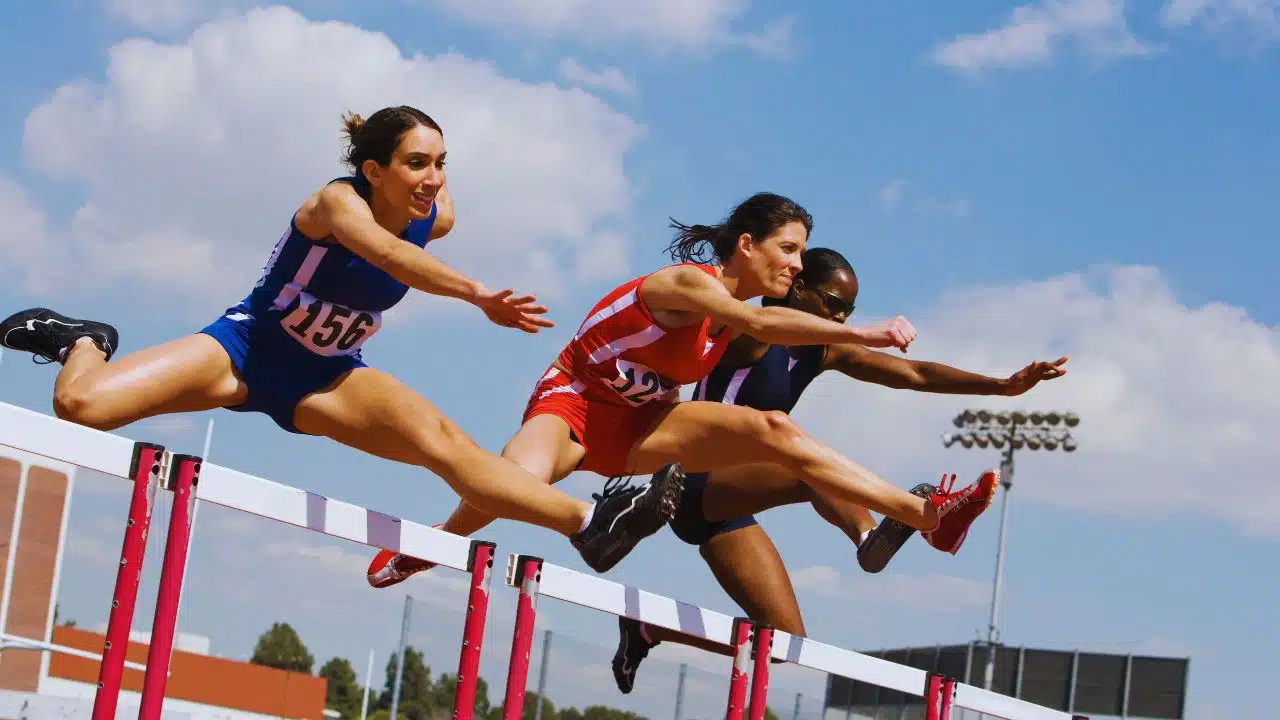Track and field is set to become the first Olympic sport to introduce mandatory DNA testing for athletes competing in women’s events. This decision comes from World Athletics, the global body that governs track and field, and is led by president Sebastian Coe.
Why the DNA Tests?
Sebastian Coe explained that this step is being taken to protect the integrity of female sports. He said that ensuring fairness in competition is essential and that the DNA tests will help guarantee that only biologically female athletes participate in women’s events.
“We will doggedly protect the female category and we will do whatever is necessary to do it,” Coe said.
The Testing Process
Athletes will only need to go through the DNA testing process once in their career. The testing will be non-invasive, involving a cheek swab and a dry blood-spot test. These methods are simple and painless but can give accurate information about an athlete’s biological sex.
Backed by Broad Support
This decision came after an extensive review by World Athletics. The review included consultations with over 70 organizations, including both sporting and advocacy groups. According to Coe, there was strong support for the move.
“Overwhelmingly, the view has come back that this is absolutely the way to go,” Coe stated.
Not Just About Trans Athletes
While the new rule is mainly aimed at transgender women and gender non-conforming athletes, it will also apply to a small number of athletes born with atypical sex chromosomes. The goal is to ensure clear eligibility rules for all participants in women’s events.
Previous Policies and Recent Changes
In 2023, World Athletics had already taken steps by banning transgender women who had gone through male puberty from competing in female competitions. This reversed a previous rule that allowed participation if the athlete’s testosterone levels were kept below 5nmol/L for 12 months.
Influence from Other Sports Bodies
World Athletics is not the only organization making these changes. Other major sports groups like World Aquatics and the NCAA (National Collegiate Athletic Association in the U.S.) have also introduced stricter policies on who can compete in women’s events.
The International Olympic Committee (IOC) has allowed transgender participation since 2004, but it allows each sport to set its own rules. That’s why decisions like the one from World Athletics are so important — they set the tone for the future of Olympic competition.
A Bigger Cultural Debate
This issue reaches beyond the sports world. In the United States, it has become part of the larger political and cultural debate. In a recent executive order, former President Donald Trump banned federal funding for schools that allow transgender girls and women to participate in female sports or use female locker rooms.
Public Opinion Is Changing
A recent New York Times/Ipsos poll from January shows growing public concern. About 79% of Americans said they believe trans women should not compete in female sports, compared to 62% in 2021. This shift in opinion reflects how deeply society is divided on the issue.
Looking Ahead
World Athletics’ decision marks a major shift in global sports policy. By becoming the first Olympic sport to require DNA testing, the organization is setting a new standard for how gender and fairness are managed in women’s competitions.
The move is already causing discussions across the world — both in sports and in society — and it’s likely to shape how other sports bodies respond in the future.
The Information is Collected from CBS Sports and BBC.






































